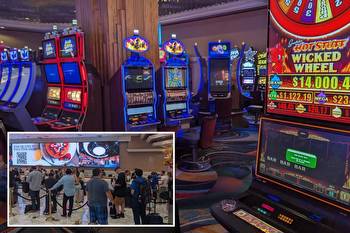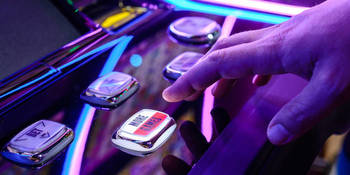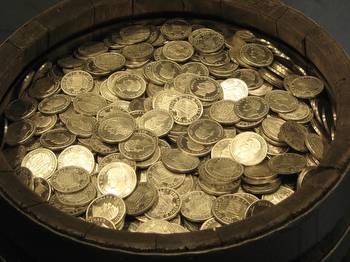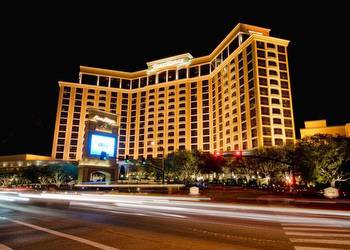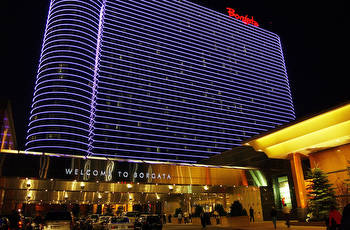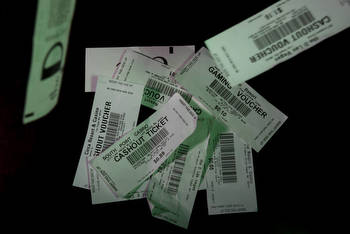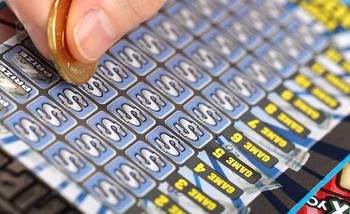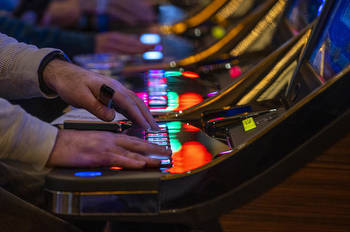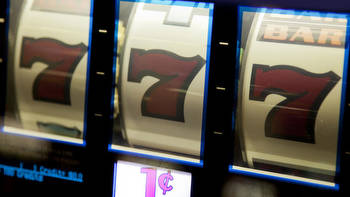Keep the Change? Class Action Says MGM Casinos Refuse to Refund Change When Players Cash Out

A proposed class action alleges MGM Resorts International has short-changed hundreds of thousands of slot machine players nationwide by refusing to refund cash change in its casinos, essentially robbing customers “a few cents at a time, on millions of transactions.”
According to the 11-page complaint, the issue arises whenever a player decides to stop playing a slot machine, or cash out, while they still have “credits” on the machine. Cashing out is when a player chooses to convert their slot machine credits back into hard currency, the filing explains, and when a player cashes out at a slot machine, it automatically generates a gaming voucher that represents the amount the casino must pay to the player.
Want to stay in the loop on class actions that matter to you? Sign up for ClassAction.org’s free weekly newsletter here.
The suit says, however, that when a player inserts a gaming voucher into a kiosk at one of MGM’s casinos, the kiosk “rounds down to the nearest dollar and pays that amount in cash.” A kiosk will then generate a “TRU Ticket” that represents the amount of change that was not paid out, the lawsuit states.
These TRU tickets can only be redeemed at the main cashier’s window, commonly called the casino “cage,” and are “more often than not a vehicle for converting players’ funds into Casino funds,” the case relays.
According to the suit, there are no signs posted in MGM Casinos that say the kiosks do not pay out change, or that a TRU ticket can only be cashed in at the “cage.” Moreover, at some MGM casinos, a kiosk will ask a player if they want to donate their change to a nonprofit or forfeit it altogether.
“This has the same eventual effect of depriving the player of her change,” the filing argues.
For the last few years, the lawsuit alleges, MGM Resorts has “essentially been keeping the change off hundreds of thousands of Gaming Vouchers” at its hotels and casinos, including the MGM Grand, Bellagio and Mandalay Bay in Las Vegas, among other hotels and casinos in New York, Detroit and Biloxi, Mississippi.
“Casino operators enter into hundreds of thousands of transactions a day,” the suit reads. “When a casino starts taxing its players by refusing to refund cash change, it racks up millions of dollars in profits.”
The suit says that although MGM’s Casinos were supposedly gripped by a change shortage amid the COVID-19 pandemic, and the company’s competitors implemented “reasonable practices” to notify gamers of their seeming inability to pay change, MGM’s casinos were “far less forthcoming.”
“For the last few years, Defendants have essentially been keeping the change off of hundreds of thousands of Gaming Vouchers, essentially robbing their customers a few cents at a time, on millions of transactions.”
The lawsuit looks to cover all visitors to a casino owned or operated by MGM Resorts International between September 19, 2012 and the present who were deprived of their change by MGM.












